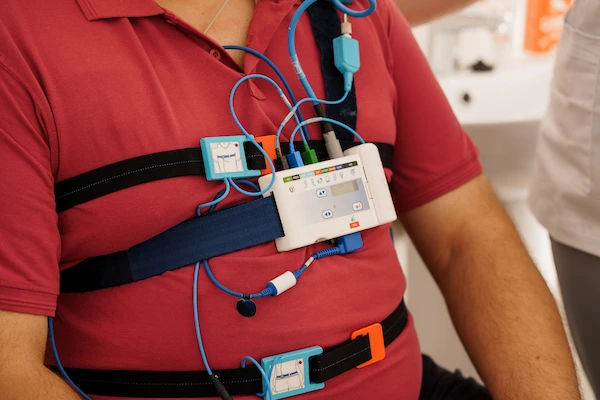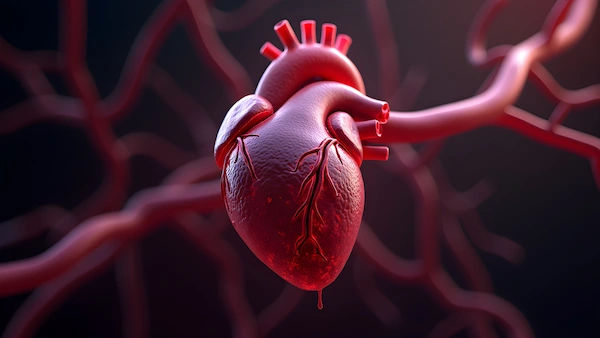- Male
- 29 Years
- 22/01/2025
I recently had an ECS done, and the report mentioned it was an "unconfirmed report." I'm just wondering, what exactly does this mean? Should I be concerned, or is everything likely okay?
More Cardiology Health Queries
View allI've been dealing with this chest tightness for the past couple of months, and sometimes it feels like it's hard to breathe. The tightness is mostly in the middle of my chest. It's really concerning me. Could you help me figure out what's going on and what I should do about it?
take tablet zerodol twice a day for 3 days
Answered by 1 Apollo Doctors
I've been having these heart palpitations lately, and honestly, they really freak me out. I saw a doctor and felt better for a while, but it seems like they still happen about once a month. The last episode was pretty intenseI was just sleeping, and suddenly it felt like my heart was racing around 200 beats per minute, maybe even more. What could be causing this, and should I be worried?
Hlo Sriram, it sounds like you are experiencing episodes of tachycardia, where your heart beats very fast. This can be concerning and may require further evaluation. One possible medication that can be prescribed for such episodes is Metoprolol (brand name: Lopressor) at a starting dose of 25-50mg twice daily. However, it is important to consult with a healthcare professional for a proper diagnosis and treatment plan.
Answered by 1 Apollo Doctors
I've been dealing with high BP for about 8 months now. I was taking Stamlo 5 but it didn't really get it under control. So last month, I added Telma 20 to the mix and it's helped a bit with the numbers, which are now around 180185. But lately, I've been having these episodes where I can't catch my breath for a few seconds, and it feels like my heart suddenly skips a beat. It's kind of worrying and I'm not really sure what's going on. Could this be related to my medication or is it something else?
Physician opinion is advised to the patient.
Answered by 1 Apollo Doctors
Disclaimer: Answers on Apollo 247 are not intended to replace your doctor advice. Always seek help of a professional doctor in case of an medical emergency or ailment.





.webp)
